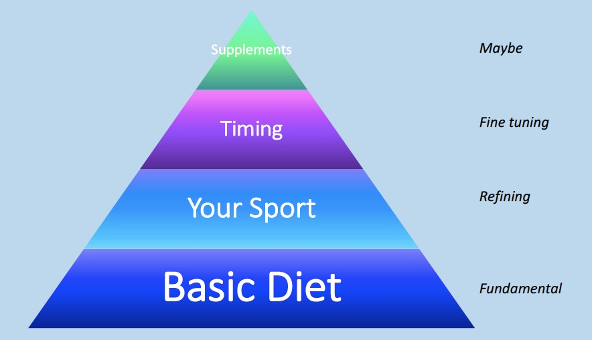Fueling Your Training and Recovery with Proper Nutrition
Nutrition is one of the pillars underpinning health, performance and body composition.
Why do you train?… apart from for the pure love of it, the fundamental purpose of training is to become better in your chosen sport.
Appropriate nutrition has two key roles in this:
To fuel the training sessions themselves, so you can perform and get the most out of them
To fuel and provide the building blocks to recover from and adapt in response to the training sessions, so you improve in your sport. Training is just the stimulus to become better. You become better in the recovery period following training, as your body repairs and alters your muscles, neurology and energy systems to be ‘fitter’. And nutrition is a key part of this.
In the words of one of the pioneers of the global fitness industry, Jack LaLanne: “Exercise is king. Nutrition is queen. Together you have a kingdom”
Hierarchy of Needs
This graphic summarises the way we think about nutrition.
Boring though it may seem, your basic diet really is the element of utmost importance. Becoming hung up on any other element without first considering whether your basic diet is optimised is typically like trying to stick a plaster on a wound that needs stitches and hoping for the best!!
Why is this?
Before we are athletes, we are humans. And humans require many things from the diet to optimise their chance of health. And the first principle of sports nutrition is health. An unhealthy athlete misses training days due to illness or injury. Or performs sub-optimally in training because of illness or injury. And both contribute to less effective training and, ultimately, increase the risk of less effective performance.
Once basic diet is considered, the amounts of the things in your basic diet and timing can be optimised specifically to support your sports performance. And supplements may be considered that have an acute or chronic impact on performance, but these are typically the icing on the cake.
The Basics
So, what do we consider in basic diet? A quick 101 …
Calories
Calories describe the energy we get from the food we eat, specifically from the protein, fats and carbs we eat. We need enough calories (energy) in our diet to:
Fuel our training and recovery
Fuel our lifestyle outside of training
Fuel our basic functions as a human (everything from immune function, to cognition, to sex hormone levels)
Proteins, fats and carbs
The things that provide the calories. Key foods falling into each category are shown above.
First, protein. Although protein has calories, it is not primarily an energy source in the body. Protein is a building block. As athletes, we focus on protein as the key component of muscle and soft tissue, but it is fundamental in every bit of the body.
Next, fats. Fats provide energy for low to moderate intensity exercise, and they are the carriers of the fat-soluble vitamins A, D, E and K. With a very low-fat diet we become at higher risk of deficiencies in fat soluble vitamins.
And finally, carbohydrates. These are the primary energy source for anything above moderate exercise intensity (i.e. a lot of your training!). Energy can be produced from carbohydrates more rapidly than from fats and with less oxygen, aka very valuable when you are gasping for breath in training!
Vitamins, Minerals and Fibre
Calories, protein, fats and carbohydrates in the diet provide our energy and building blocks, but we can’t access this energy or building blocks effectively, or maintain our health, without sufficient vitamins, minerals and fibres. There are too many of each to go into here, but suffice to say that a diet rich in a range of different fruit, vegetable, complex carbohydrate, protein and fat sources will help ensure exposure to the full spectrum of vitamins, minerals and fibres required for health.
If you are worried about a vitamin or mineral deficiency, a blood test can tell you more. And remember that whilst enough of any vitamin or mineral is essential, more is not always better! In some cases, excess may have adverse effects.
Dr Sinead Roberts, PhD



